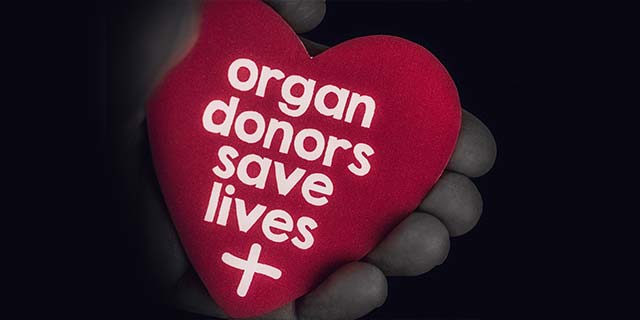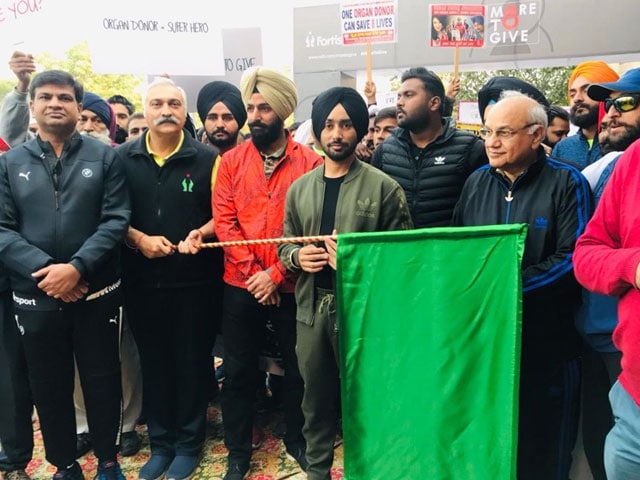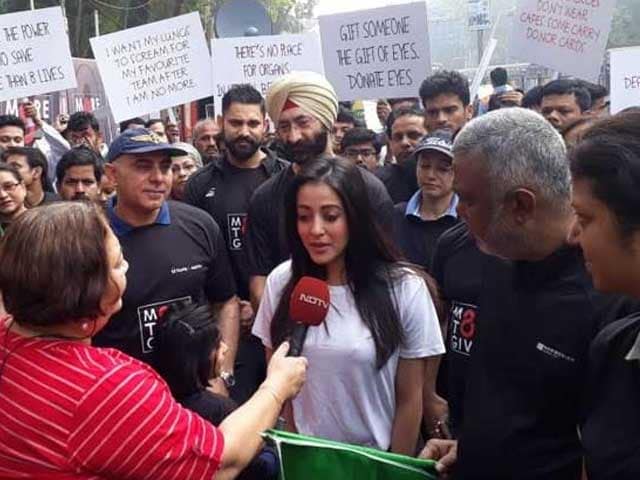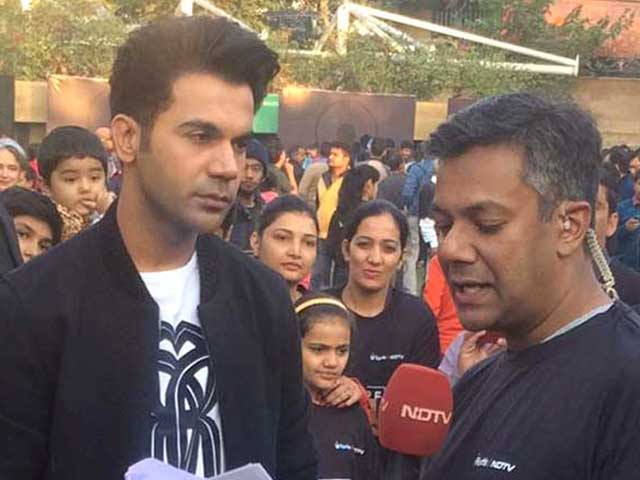
New Delhi: The Organ Donation day is upon us – there will be lots of awareness activities, functions will be organized, felicitations will be made, celebrities will sign donor cards and banners will be unfurled. There has already been a lot of coverage in national and local press focused on raising awareness in the community about the civic duty of signing up as an organ donor, and to talk to friends and families about making their wishes known.
All these are desirable, and very well-meaning. It is hard to say how much money will be spent over these promotional activities. Indeed, the rates of deceased organ donation are pathetically low in India. Instinctively, civil society feels that the way to change this is through public education and awareness activities.
Looked in the cold light of facts, however, we realize that out of all interventions that can be done to change practice in healthcare, counselling and education directed at individuals or small groups is probably the least effective. The reason is they are targeted at individuals rather than populations. In theory, they could have large population impact if applied universally and effectively. In practice, even the best awareness programs achieve limited impact because of their dependence on long-term behaviour change. Lessons from smoking cessation and attempts to curb obesity tell us that successfully inducing behaviour change with such programs is the exception rather than the rule.
According to Bertrand Russell, “the desired result is not likely to be achieved by moral exhortation,” but rather, by making it “to each person’s interest to act as the general interest demands.”
So what are the actions that will align the interest of those who will make decisions for donating an organ with public interest?
In terms of impact – the actions that are most likely to make a difference are those that can be implemented at the level of the system and institutions.
The success of Tamil Nadu in improving their deceased donation rates is celebrated – but even that state has a rate of 11 per lakh population, over 40 times less than the countries with successful deceased donor programs.
Another fact is that a majority of people who carry donor cards will (fortunately) never be in a situation to be considered as an organ donor. Hopefully they will live long years and die of old age or a chronic illness rather than meeting an untimely death in an accident. Moreover, their wishes have no meaning until the next of kin gives consent for organ retrieval.
A large proportion of the Indian population feels disenfranchised from the healthcare system because of personal experience. There is a common feeling that they did not receive care when they needed it the most, but the system comes to ask them to donate organ of a loved one to benefit someone with more resources, and their instinct tells them to turn their backs on this callous system. Appeal to their sense of duty is unlikely to change their minds.
According to public health experts, the interventions that are most likely to lead to large change are actions at socioeconomic level – making access to healthcare more equitable, and to change the context in which organ retrieval decisions are made. In countries with the most active deceased donor programs, a potential donor is presumed to have given consent for donation unless there is evidence of their desire to opt out. Admittedly, such a law may be difficult to recommend in the immature Indian healthcare system because of the fear that organs will be removed from those who could have been potentially saved.
Indeed, the system should enforce more energetically a law that already exists in India – that all intensive care units (ICU) must identify potentially brain-dead donors who can be organ donors, and discuss with their families the possibility of donation. This can be facilitated by appropriate use of electronic health records and developing automated alert systems. The hospital administrations must audit this practice, make it part of the performance plan of those who run ICUs and publish data on their websites. The law also mandates all hospitals with ICUs of more than a certain size to have dedicated transplant co-ordinators. Many hospitals have got around this rule by notionally designating someone who has another full-time job in the hospital for this role.
A final change could be to give extra points in the deceased donor transplant wait-list to a patient with end-stage organ failure who has had an organ donor in the family.
The impact of system-wide change has been shown again and again – legislation and enforcement, rather than exhortations alone, have been employed to mandate vaccinations, discourage smoking, and encourage safe sex for reducing HIV transmission – to give a few examples.
So why do we lapse into doing these less effective interventions? The answer is because they are easier to support, require little political will, and gain wide media attention. Corporate houses are happy to support them. On the other hand, making the interventions that will be really effective requires fundamental change in the healthcare system, breaking of traditional silos, and most importantly – farsightedness and political will. Even sadder is when we do take the initial baby steps towards that progress by making the required rules, but falter when it comes to implementation, as described above. Many of those, who are charged with implementing the existing rules will make rousing speeches on donation day and award prizes to children in painting competitions. One wishes they were elsewhere, making the systems they preside over work better.
Vivekanand Jha is Professor of Nephrology at the University of Oxford, Councillor of the International Transplantation Society and Member, WHO Expert Advisory Panel on Human Cell, Tissue and Organ Transplantation
Disclaimer: The opinions expressed within this article are the personal opinions of the author. The facts and opinions appearing in the article do not reflect the views of NDTV and NDTV does not assume any responsibility or liability for the same.










Agree with you sir